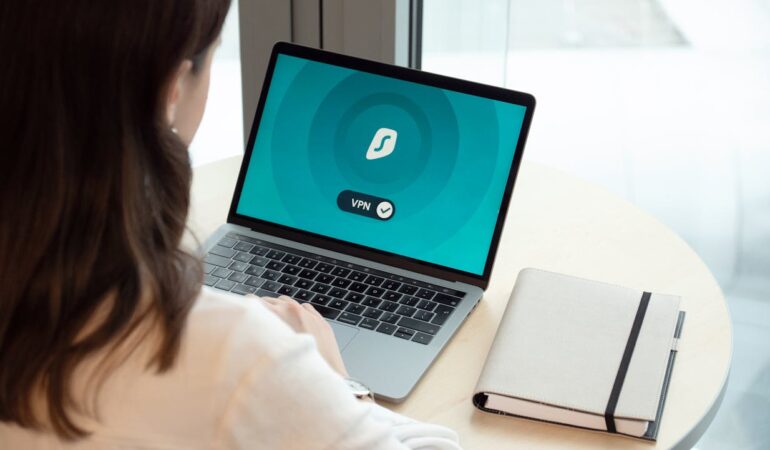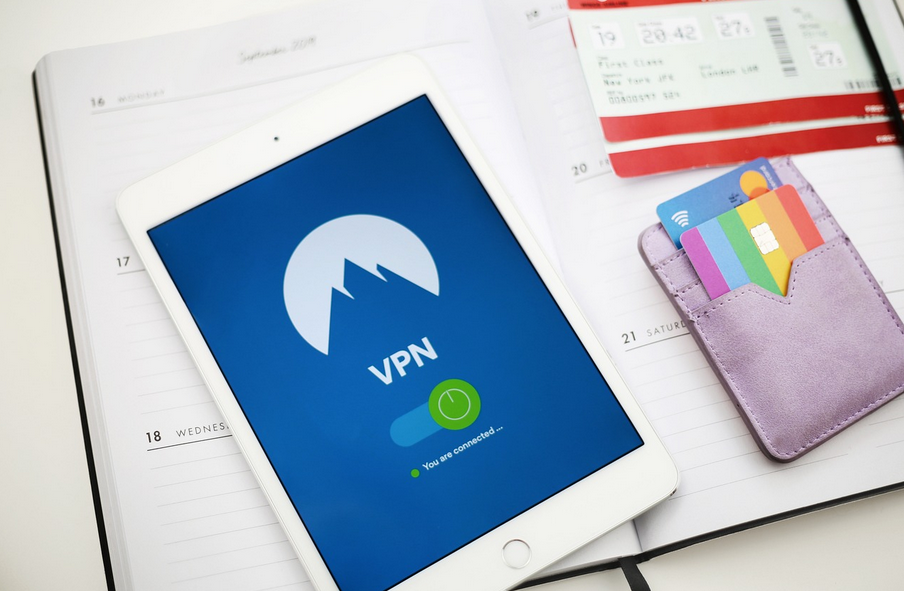In a world where online privacy and security are paramount, choosing the right VPN can make all the difference. With so many options on the market, it’s important to consider key factors before making a purchase. From encryption protocols to server locations, this guide will help you navigate the crowded VPN landscape and find the perfect fit for your needs. Stay tuned as we break down everything you need to know about choosing the right VPN for you.
Security Features
The primary purpose of a VPN is to enhance your online security, and the foundation of this security lies in encryption protocols. When evaluating a vpn service, prioritize those that offer robust encryption, such as AES-256-bit encryption, which is considered highly secure. Additionally, look for features like a kill switch, which disconnects your internet if the VPN connection drops, preventing your data from being exposed.
No-Logs Policy
A no-logs policy is a crucial aspect of a trustworthy VPN service. This policy ensures that the provider does not collect or store any user data, preserving your privacy. When considering a VPN, carefully review its privacy policy to confirm the commitment to a strict no-logs policy. This ensures that even if the VPN provider is compelled to share information, there is minimal or no user data available to compromise.

Server Network
The geographical distribution and number of servers in a VPN network play a pivotal role in its performance. A diverse and extensive server network allows you to access content from different regions, bypass geo-restrictions, and enjoy optimal speeds. Consider a VPN service with servers strategically located around the world, ensuring reliable connections and the ability to access content from various regions.
Connection Speeds
The speed of your VPN connection is a critical factor, especially if you engage in activities like streaming, gaming, or large file downloads. To assess the connection speeds of a VPN service, refer to user reviews, conduct speed tests, and consider providers that offer features like dedicated servers for optimized performance. Balancing security with speed ensures a seamless online experience without sacrificing privacy.
Device Compatibility
A versatile VPN service should be compatible with a range of devices and operating systems. Whether you use Windows, macOS, Linux, iOS, or Android or have multiple devices, including routers, a VPN that supports various platforms ensures consistent protection across your entire tech ecosystem. Verify the compatibility of the VPN service with your devices before making a purchase.
User-Friendly Interface
The usability of the VPN service is a crucial consideration. An intuitive and user-friendly interface makes it easier to navigate settings, switch servers, and customize your VPN experience. Look for a VPN service that provides user-friendly applications and clear instructions, allowing even those unfamiliar with VPN technology to use the service effortlessly.
Customer Support
Reliable customer support is essential for any service, and VPNs are no exception. Consider a VPN provider that offers responsive customer support through multiple channels, such as live chat, email, or ticket systems. The ability to seek assistance promptly …




